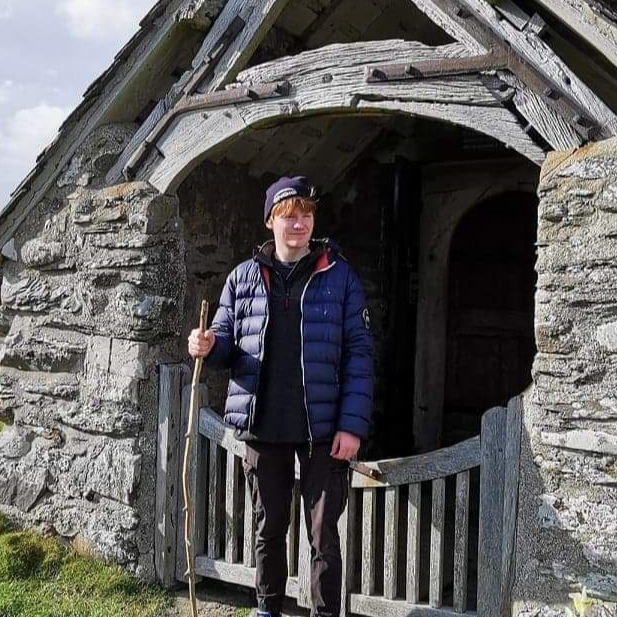Charlie Gregory

PhD: The genomic and adaptive consequences of extreme, human-mediated population decline
Location: Bangor University
Email: osub4a@bangor.ac.uk
Linkedin: https://www.linkedin.com/in/charlie-gregory-714a63206/
I completed a BSc in Marine Biology at Bangor University and a Master’s by Research (MRes) programme investigating whether chronobiology can augment sustainable aquaculture nutrition and fish health. Specifically, the research allowed me to utilise molecular, biostatistics, and bioinformatic/computational techniques to quantify the impact of time-restricted feeding strategies on fish microbiome rhythmicity and composition.
I have experience as a water quality permitting and regulatory affairs officer with the environmental regulatory body Natural Resources Wales and as a research officer in the Shellfish Centre (Centre of Applied Marine Science) – a research & innovation initiative supporting development of the shellfish sector in Wales. The latter involved research projects in the fields of water quality (viral and bacterial), shellfish disease/parasites and molecular identification of viral indicators. With consideration to the fields above, my research interests span evolutionary genomics, bioinformatics/data science, machine learning applications for population genetics, sustainable fisheries, and natural resource management.
My PhD research project aims to investigate the consequences of extreme, rapid population decline using an example of drastic human intervention in which the fish stocks of entire lakes were eradicated and repopulated. Using new and historical samples from a unique “natural” experiment in which a system of lakes (the Fusta catchment in Norway) was treated with broad-spectrum biocide, we will investigate the implications of severe population decline on reintroduced populations of Salmonids. The project combines fish morphological and parasitological data spanning thirteen years with bioinformatic and big data analytics of population genetics and immunogenetics to understand, (i) the impact of extreme bottlenecks on the genome of a species, (ii) how loss of genetic diversity influences immunity to parasites and (iii) the processes by which rapid adaptation occurs in genetically depauperate populations.
By quantifying aspects of health and fitness at the genomic level (inbreeding, immunogenetic diversity and genetic load) and eco-evolutionary level (adaptability and host-parasite co-evolutionary dynamics) across replicated events, we will uncover the impact of human activities on wild populations and their parasites. In so doing, the project will initiate a paradigm shift in predicting how population decline affects the prospects of recovery for individual species and their wider ecosystem.
